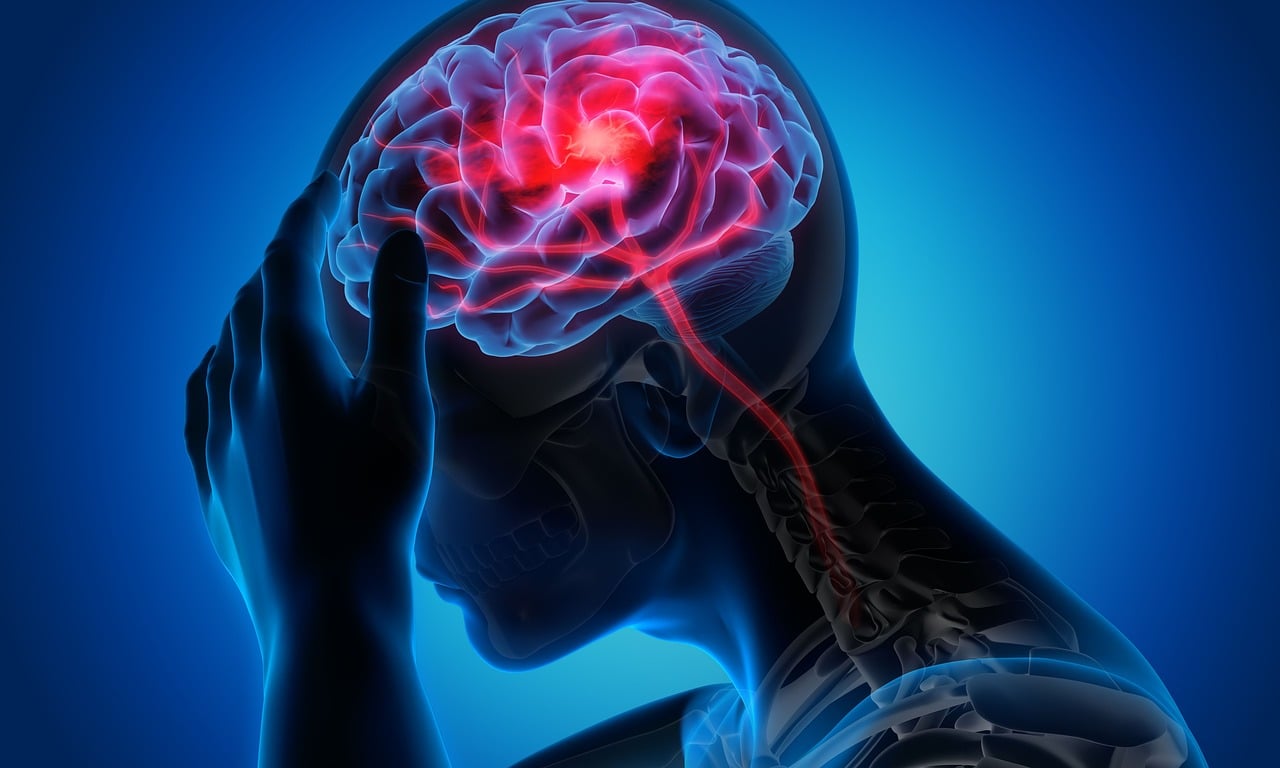Understanding Migraines: A Psychological Perspective

The Psychological Aspects of Migraines
Migraines are more than just headaches - they can be debilitating and affect every aspect of a person's life. While there are various medical explanations for migraines, it is also important to explore the role of psychological factors in understanding and managing this condition. In this article, we will explore into the psychological aspects of migraines, shedding light on how emotions, stress, and behavior can influence the frequency and severity of these episodes.
The Mind-Body Connection in Migraines
Health psychology recognizes the strong connection between the mind and body. Migraines, like many other health conditions, are influenced by both physiological and psychological factors.
Research suggests that people who experience migraines may have a heightened sensitivity to external stimuli, such as light, sound, or smells. These stimuli can trigger a cascade of physiological responses, leading to the development of a migraine episode.
The Impact of Emotions on Migraines
Emotions play a significant role in migraines. Stress, anxiety, and depression have been found to be associated with an increased risk of migraines. When we experience stress, our body releases stress hormones that can trigger physiological changes, including the constriction of blood vessels in the brain-a known migraine trigger. Additionally, emotions can also affect our pain perception, making migraines feel more intense and harder to manage.
Behaviors that Impact Migraines
Certain behaviors can contribute to the onset and exacerbation of migraines. Irregular sleep patterns, skipping meals, excessive caffeine consumption, and poor stress management are just a few examples. Disrupted sleep can disrupt the delicate balance of brain chemicals, potentially triggering migraines. Skipping meals or relying on caffeine can lead to blood sugar fluctuations, which may also act as migraine triggers. Moreover, ineffective coping strategies for stress can increase tension and contribute to the development of migraines.
The Influence of Thoughts and Beliefs on Migraines
Our thoughts and beliefs can influence the way we experience migraines. Catastrophic thinking, or constantly anticipating the worst outcome, can intensify the perception of pain and distress during a migraine episode. Negative thoughts about one's ability to cope with migraines can also increase feelings of helplessness and decrease motivation to seek appropriate treatment.
Coping with Migraines: The Role of CBT
Health psychologists work closely with individuals who experience migraines to develop effective coping strategies. Cognitive-behavioral therapy (CBT) is a commonly used approach that focuses on identifying and challenging negative thoughts, managing stress, and developing relaxation techniques. CBT can help individuals gain control over their migraines by reducing the impact of emotional and behavioral factors.
A Holistic Approach to Managing Migraines
Understanding migraines from a health psychology perspective highlights the importance of considering psychological factors in managing this condition. Emotions, stress, behavior, and cognition all play a role in the frequency and severity of migraines. By addressing these psychological factors through interventions like cognitive-behavioral therapy, individuals can gain better control over their migraines and improve their overall quality of life. Hence, it is essential to approach migraines holistically, taking into account both physiological and psychological factors for effective management.







